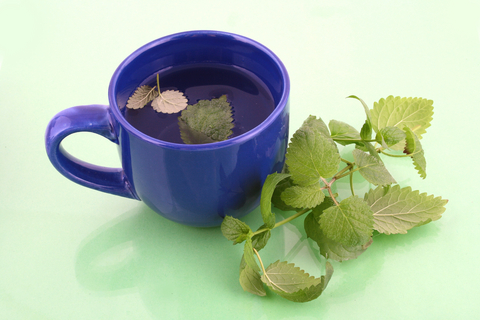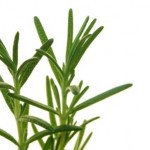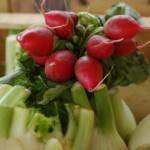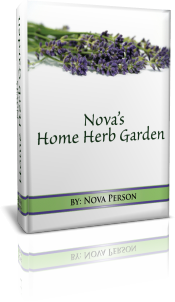Tea Herb Garden
For tea drinkers, planting a tea herb garden can be an easy way to keep your favorite teas on hand. When used for medicinal purposes, fresh herbs can be more effective than dried. However, fresh herbs are difficult to find in stores. Most are dried to enable them to be stored and shipped. This can affect taste as well. When you have your own tea herb garden, you can be sure that you are getting the most potent and tasty herbs for your teas.

Tea cup with mint leaves
Common tea herbs include chamomile, peppermint, rosemary, lemon balm, alfalfa, and fennel. Chamomile has long been known for its soothing properties. It’s also an effective treatment for calming digestive ailments. It needs moist, well-drained soil and partial shade to full sunlight to grow. The flowers are what is used to make tea.
In addition to serving as a digestive aid, peppermint also provides tea drinkers with B vitamins, potassium in calcium. It should be added in small amounts to your tea herb garden as it has a tendency to spread. To prevent it from taking over, some people plant inside barrels or large pots. Partial to full sun and rich well-drained soil is necessary to grow peppermint.The leaves are steeped to make tea.

Rosemary
The leaves and flowers of the rosemary plant are used to make tea. It is an effective treatment for nervousness and insomnia. The leaves and stems can also be used to flavor food, making this plant a multi-purpose one. While rosemary can be propagated from seeds, it is difficult which is why most people use cuttings or buy a plant from a nursery. It grows well in full sun and well-drained soil. A hardy plant, it can withstand frost, but in extreme cold temperatures, you may want to bring it indoors.
Lemon balm can be grown in light sandy soil and does well in full sun to partial shade. The leaves are used to make tea, which can treat migraines, asthma, and toothaches. Lemon balm has antiviral and antibacterial properties, making it a good choice for flu sufferers. It has a pleasant taste and is often used in combination with other herbs to help flavor.
Alfalfa provides several vitamins and minerals in addition to its medicinal properties. This tea is good for treating digestive problems, arthritis, urinary tract infections, and boils. It also freshens the breath. Alfalfa tea is made with the leaves and seeds of the plant, which grows well in well-drained soil with full to partial sunlight. Sprouts may also be used in salads. Due to the bland flavor, it is often combined with red clover, lemon verbena, or mints.

Fennel and Raddish
Fennel makes a good tonic for the kidney, reproductive glands and spleen; can ease flatulence, cramps, and bloating; and has expectorant properties as well. It has both medicinal and culinary uses. The leaves and seeds are commonly used to teas, while the whole plant can be used in cooking. Fennel is easily grown in any soil, provided it has lots of sunlight.
Once planted, a tea herb garden can provide you with flavorful teas for years to come and help you keep your natural medicine chest stocked. Why not plant your own today? For more information and step-by-step guide on how to grow tea herbs, or any herbs for that matter, click here.
Related posts:
- Medicinal Herb Garden Using medicinal herbs for healing is a growing trend in...
- Start an Herb Garden To start an herb garden is not as difficult as...
- Herb Garden Information Herbs have in all times been used by man, the...
- How To Plant An Herb Garden Learning how to plant an herb garden is easier than...
- Grow Rosemary Herb If you love the taste and scent of Rosemary herb,...
Grow Fresh Herbs Care Mini-Course
Get your free mini-course on how to grow fresh, flavorful and scented herbs
Just enter your first name and e-mail address, and we'll email you your first lesson right now.



**Double-check your email for accuracy to ensure you receive your free mini course.
Privacy Assured:
Your email address is never
shared with anyone

